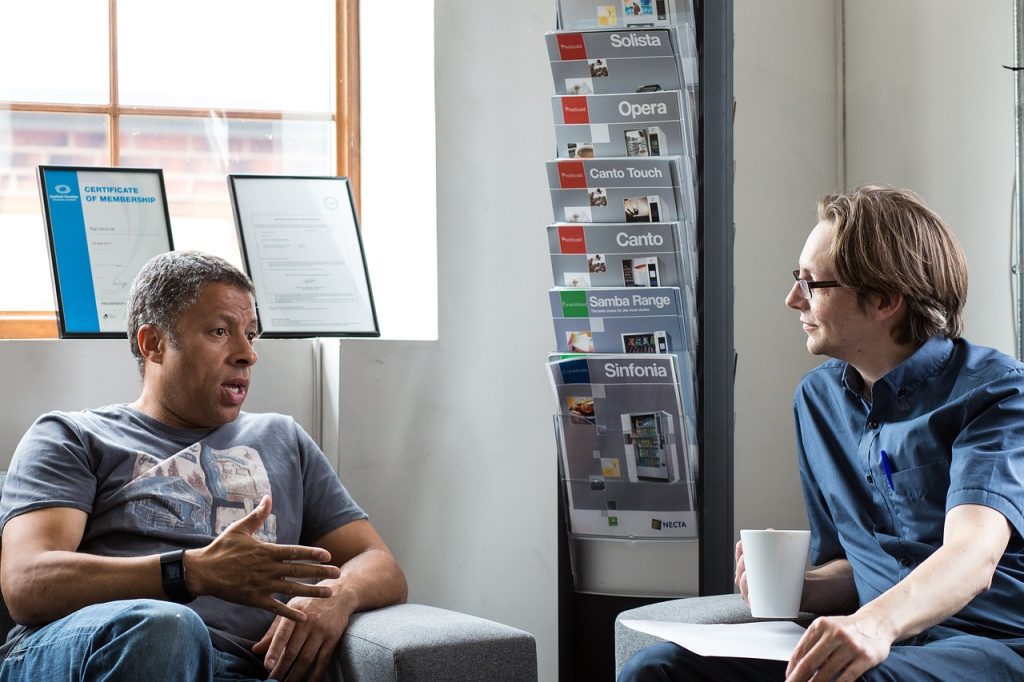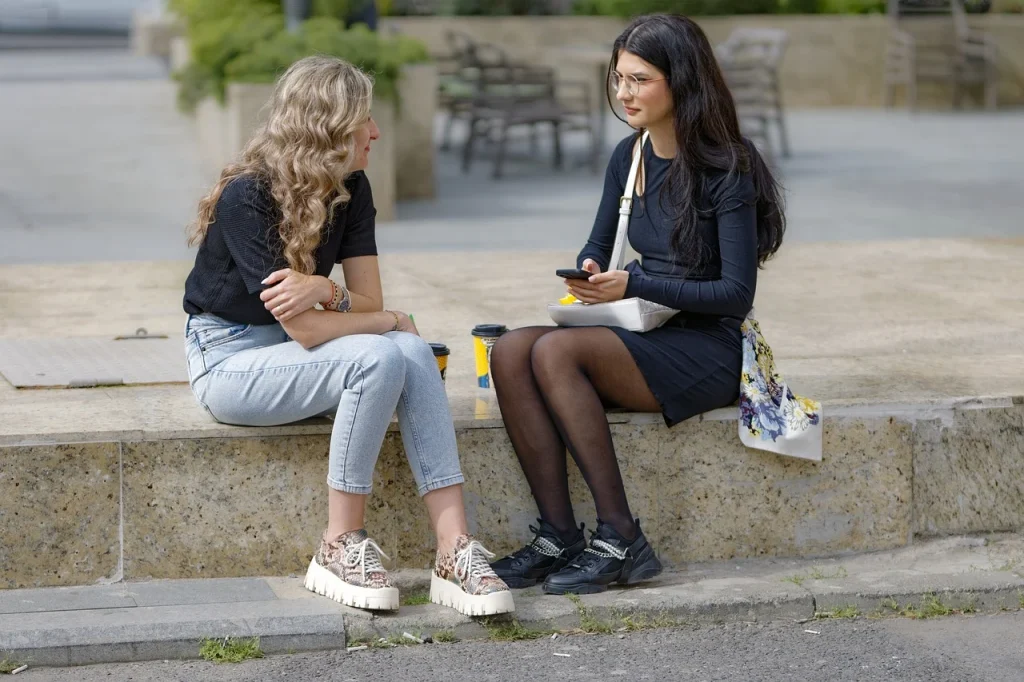If someone has hurt you and then offered an apology, it can be difficult to know how to respond, especially if you’re still hurting.
So what do you do? How do you move forward after an apology is given? Do you accept the apology and move on, or do you still hold onto the hurt and refuse to forgive?
It’s okay not to say, “it’s okay”
There is this expectation that when someone apologizes, it is necessary to accept the apology or say that the situation was “okay.”
Let’s understand the fact of a genuine apology:
- It is important to take accountability for damages done
- It is crucial to make repairs or amends to the one who was harmed
This does not mean you have to accept an apology while still processing the damage done.
If you are still feeling hurt, upset, or angry, it is valid to hear and acknowledge the apology without fully accepting it.
You can accept the apology and ask for space to continue processing what happened
Accepting an apology does not mean that you are “okay” with what happened but that you understand and appreciate the effort to make amends.

You can accept the apology and continue to ask for space, not as a form of punishment but rather to let you process and heal through the experience that happens.
You can decline the apology
If you truly do not want to accept the apology, don’t.
There is this pressure that if you do not accept the apology after someone apologized, you’re creating trouble.
For instance, in the movie Home Alone, Buzz has harmed Kevin in many ways and gives a performative apology to appease the family. Kevin didn’t accept it and was punished. While this is a movie, the same pressures and expectations can still be felt, making declining an apology tricky.
There may be a few reasons why you may not want to accept the apology:
- You’re still processing what is happening
- You’re still upset about what happened, and it would be difficult to truly hear the apology
- You simply do not want to accept the apology because a boundary was crossed
I cannot stress enough how it is not required for you to accept an apology.
Be brief and get directly to the point
I would say the first thing to do is figure out what you feel hurt about and communicate that directly to the person so that they are aware of it and ask them to change or not do the behavior, action, or words again.
Sometimes being brief is best; it allows you to share your feelings without overcomplicating and overthinking your response and getting directly to the point.
Sometimes when we are hurt, it is expressed in other emotions such as anger, frustration, sadness, and so on, depending on a person’s unique life experiences.

So having a brief, direct response sometimes allows you not to bring those emotions into the conversation, making less defensiveness to the person you are talking to.
An example of this would be:
Thank you for apologizing and taking responsibility for your actions. I appreciate it. However, your actions/words still hurt me. I’m not ready for us to go back to things as usual. I hope you understand.
We can work on rebuilding the trust within this relationship over time. I will let you know when I’m ready for us to start working on that.
This kind of response allows you to express:
- you’re hurt.
- what you are looking for next from this person.
Sometimes it also helps to write/journal or talk to a friend or an impartial third party like a therapist to figure out:
- What you’re feeling
- Why you’re feeling it
- How to communicate this to the person
Clear communication in a calm tone is important to get your feelings across
It’s also okay to not accept an apology and let the person know that you appreciate them apologizing.
However, you are still hurt and are not ready to accept their apology and will let them know when you’re ready to do so and thank them for understanding and respecting your boundaries with this.
It’s important to have this open dialogue so that resentment does not build-up, which can cause even more difficulties later.
Accepting an apology does not mean condoning the behavior, so it’s vital to clearly verbalize that the behavior cannot continue. Clear, concise communication in a calm tone is important to get your feelings across.
Be committed to getting over the negative feelings

One of the main things to realize is that apology and forgiveness are not simply acts; they’re processes we engage in to repair and maintain relationships.
In fact, they’re some of the only ways we can repair relationships when things go wrong. And since we’re creatures prone to make mistakes, things go wrong. As a result, we must find ways to resolve our issues.
It’s perfectly fine to accept an apology and still feel hurt as long as one is committed to overcoming the resentment and hurt.
Respond to the hurt from a place of strength
It can feel excruciating to listen to someone apologize when you’re still hurting deeply due to what they said or did. Sometimes the other person is ready to apologize before we are prepared to receive it, which can create additional tension.
You will need to know that they understand how you felt when they hurt you
Saying “I’m sorry” is an excellent start to a conversation, but it is only the beginning. Most of us need to hear more than a short phrase to repair a relationship.
To ultimately forgive someone, you will need to know that they understand how you felt when they hurt you.
Their job is to really listen and make an effort to understand you. When they eventually express empathy and validate your experience, you’ll be much closer to forgiving them.
Frequently Asked Questions
How can I make sure the person understands the impact of their actions?

It’s important that you clearly state how the person’s actions have affected you. You can express your feelings and also explain how the person’s actions have affected your relationship with them. However, it’s important not to attack or blame the person, as this can escalate the situation.
How can I move forward after accepting an apology?
Forgiveness is a process, and it’s important to be patient with yourself. It’s also important to set boundaries and communicate your needs. If the person’s actions were particularly hurtful, restoring the relationship might take some time. Remember to prioritize your own emotional well-being and take steps to care for yourself.
Can an apology be insincere?
Yes, an apology can be insincere if the person apologizing isn’t truly sorry for their actions or is only apologizing to avoid negative consequences. Signs of an insincere apology may include:
• Lack of eye contact or physical discomfort during the apology.
• Vague or impersonal wording (“I’m sorry if you were offended”).
• Lack of effort to make amends or change one’s behavior.
• Repeated apologies with no change in behavior.
Can a written apology be as effective as an in-person apology?
Yes, a written apology can be just as effective as a personal apology. The important thing is that the person takes responsibility for their actions, shows remorse, and acknowledges the impact of their behavior.
Should I apologize back?
It’s not necessary to apologize if the situation doesn’t call for it. However, it can be helpful to acknowledge the role you played in the situation and express a desire to move in a positive direction.
